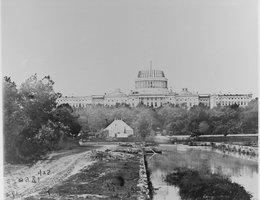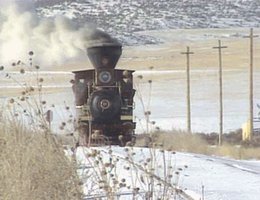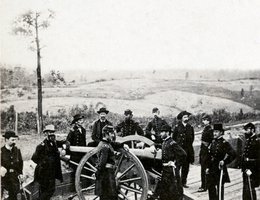


One part of the Homestead Act gave special treatment to veterans of the Civil War. After the war, a soldier would be allowed to deduct the number of years that he served in the Union Army from the five-year residency requirement. Any person who had fought against the Union was not eligible. So the Homestead Act was passed, partly, as a recruiting tool for the Army.

But there is little evidence that Union soldiers thought much about homesteading during the Civil War. For instance, Uriah Oblinger was a veteran, and he did later homestead in Nebraska. But none of his letters that survive from the Civil War talk about his plans to take advantage of the Homestead Act. Instead Uriah’s letters are mostly about with survival. Historians say this is common for Civil War letters.
All three acts caused major growth in Nebraska’s population. In 1854, before the Civil War, there were only 2,732 settlers clustered in towns like Omaha and Brownville along the Missouri River. By 1870, there were over 122,000 settlers in towns and on farms as far west as Grand Island and Kearney.
Some Civil War Medal of Honor recipients are in the Nebraska Hall of Fame.
Learn more about its members.